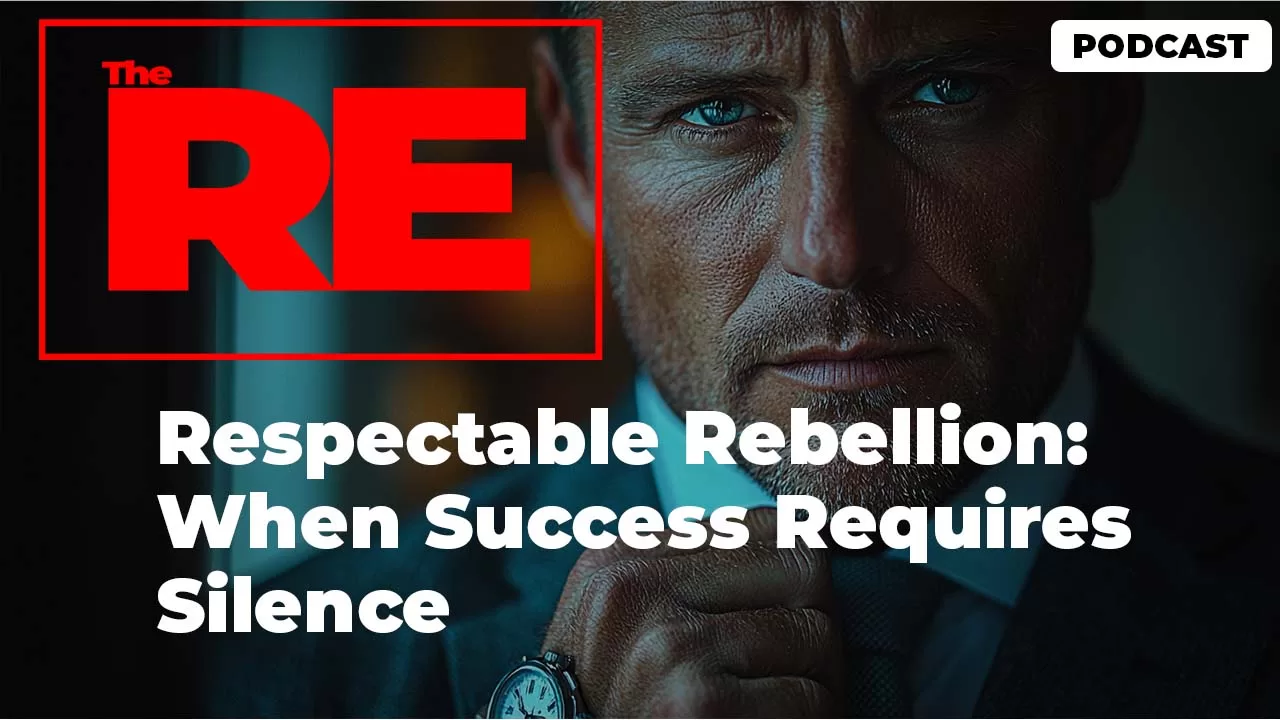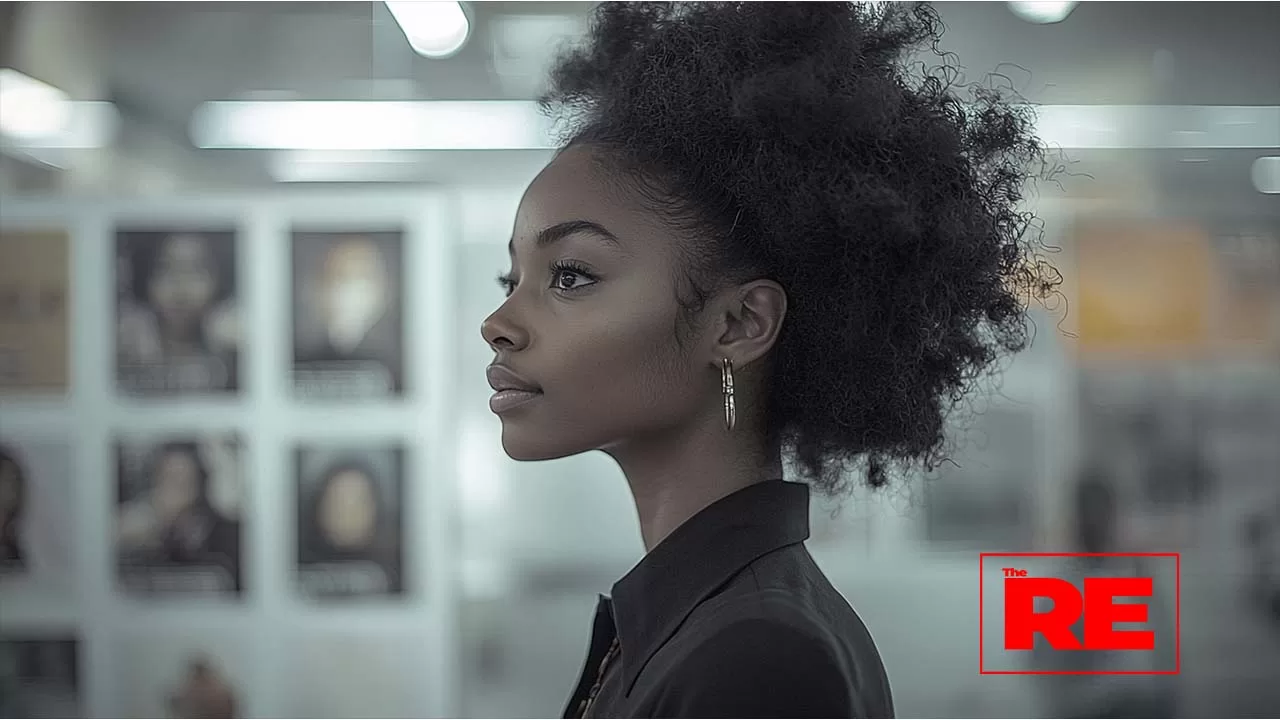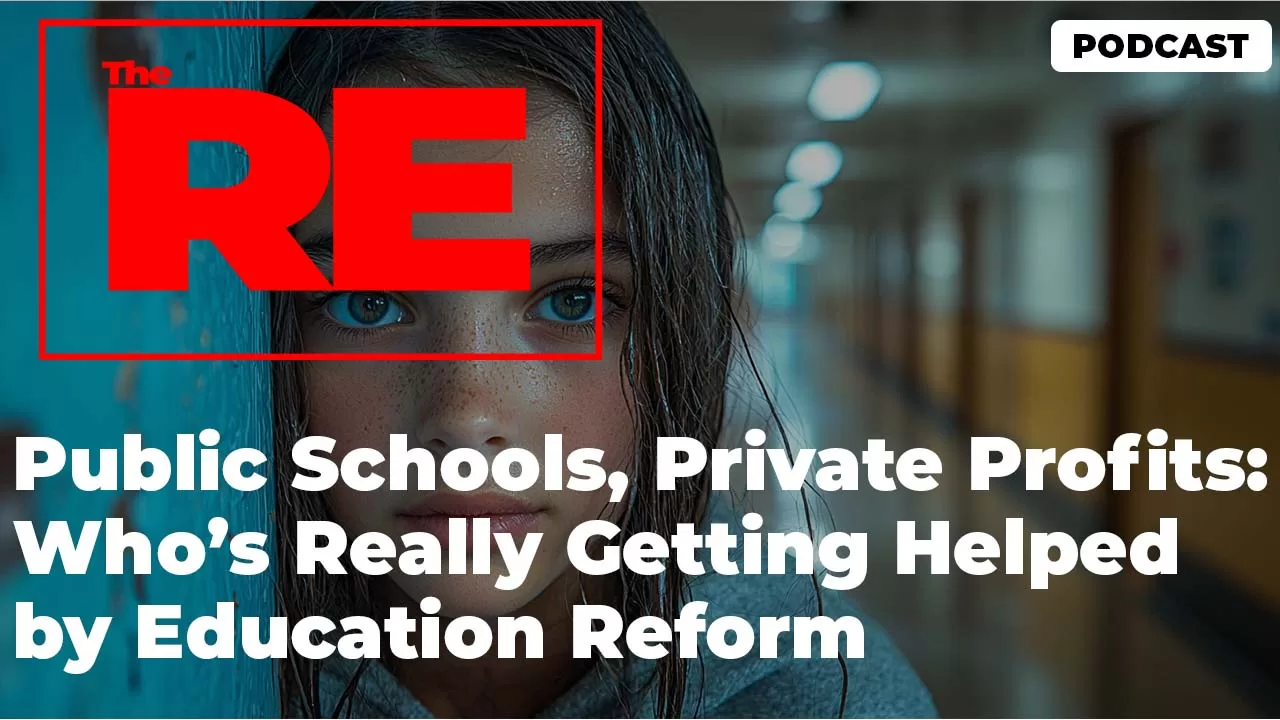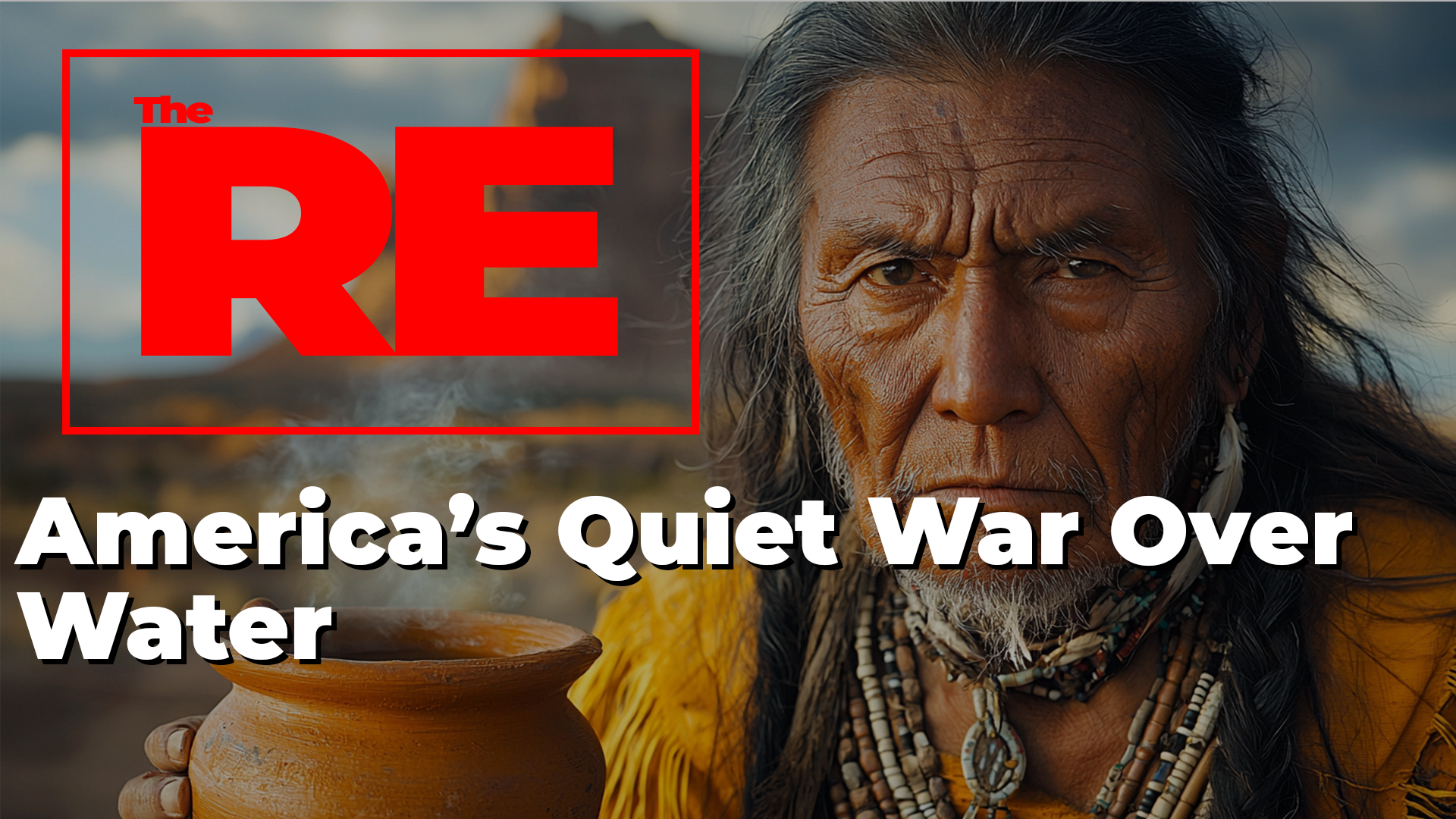The Ripple Effect
-News and Commentary-
Respectable Rebellion: When Success Requires Silence
- Home
- News and Commentary
- Respectable Rebellion: When Success Requires Silence


There’s a conversation I had years ago that still sticks with me. I was one of the only Black investigators at the time, and my supervisor’s supervisor—two levels up, very matter-of-fact, corporate, the polished type—looked at me one day and said, “You’re no different from the rest of them. You might wear a suit and tie, but when you take that off, walk down the street, you’re just like them.”
I wasn’t surprised. I knew the culture. I knew how quiet judgment could sound when it came dressed as observation. But hearing it said out loud—so plainly—it hit me. Not just what he thought of me, but what the structure around us quietly reinforced. That I wasn’t being valued—I was being approved. I didn’t belong. I was being permitted.
What’s wild is, a few years later, I ran into him again by accident at the airport in Denver. Neither of us worked for the organization anymore. He came up smiling, shook my hand like we were old friends. “Hey, how you doing? What’ve you been up to?” Just casual. And I played the role. Said the right things.
And I think about that a lot—the way we slipped right back into the performance. The roles. The script. I had worked under him for a while. We had some tense arguments. But that handshake reminded me that in a lot of these spaces, the performance doesn’t stop when you leave. Sometimes, it follows you.
There’s this belief that once you’re respected, accomplished, “professional,” the game changes. But I’m not so sure. Sometimes it just gets quieter. Cleaner. More polite. But still just as controlled.
I Like What DEI Stands For. But I Don’t Know If It’s Working.
Let me be honest. I’m not against DEI. I understand why it exists. I’ve seen how it opens doors that probably would’ve stayed closed. I’ve benefited from that structure. And for a lot of people, especially early in their careers, it’s one of the few things protecting them from being completely overlooked or boxed out.
But when I think about it now, especially in the context of everything we call “progress,” I keep circling back to this uncomfortable thought: what if the same tools that give us access are also keeping us in check?
Like, I get why people defend DEI. And I get why some people are so against it—especially the ones who feel like they’re being replaced or blamed. But I also think there’s a third space here. Something we don’t really talk about. And that’s the idea that DEI doesn’t always feel like equity. Sometimes it feels like quiet compliance.
It’s hard to say that out loud. It’s not something I’m proud to admit. But it’s there. That feeling that we’re accepted as long as we stay within range. And if you push too far, say too much, or don’t fit the image? You go from “leader” to “problem” real fast.
The Unwritten Rules Still Exist
You can get invited to the table, get your name on the panel, land the contract—and still feel like you’re being watched. And not in a paranoid way. Just in that “know your lane” kind of way.
You realize real quick:
You’re allowed to be ambitious, but not too opinionated.
You’re encouraged to be bold, but only in ways that feel safe to them.
You’re allowed to share your story, but not your politics.
And you can be visible, but only if your presence doesn’t come with too much weight.
None of that is written down. It’s not in the handbook. But it’s there. You feel it in how people respond when you step even slightly outside what they’re used to. And that’s when it hits you: you’re not being celebrated for who you are—you’re being rewarded for how well you play the role.
Respectability Has a Ceiling
The idea of “respectability” sounds like something from another era, but it hasn’t gone anywhere. It’s just been modernized. It’s in the brand partnerships. The curated social posts. The professional tone. The “representation” language that makes it sound like things are better than they are.
You can show up polished and prepared, articulate and aligned, and still know deep down that the whole system is designed to let you in without ever letting you lead.
It becomes a performance. And after a while, you realize success came with strings.
That being “included” means you don’t make anyone uncomfortable.
That your role is to model progress, not to actually push it.
And once that settles in, the question becomes: what exactly did I win?
I’m Still Figuring This Out
I don’t have a clean answer for any of this. I still believe in creating access. I believe in structure and strategy and building lanes for people who don’t get seen otherwise. But I also know what it feels like to be in a space that looks like progress on the surface and feels like control once you’re inside.
It makes me think of the 1930s—not to compare now to then directly, but to acknowledge the difference. Back then, there were no guardrails. It was clear you weren’t wanted. Now? We’ve got structure, policy, programs. But are we thriving, or just surviving in a more polished system?
DEI is better than nothing. I’m not debating that. But it’s also not enough. Because access without autonomy isn’t freedom—it’s performance.
And I guess that’s what this whole piece is about. The performance of inclusion.
The cost of being palatable.
The quiet ways we get filtered, packaged, and used to prove a point that still hasn’t been made.
A few nights ago, I came across a video on social media. A teenage boy and girl—both white—driving in a car, laughing, singing along to a song written by a Black artist. The song itself was good. Catchy. Well-produced. But that’s not what they were engaging with. As they drove, they threw up Nazi salutes—smiling, vibing, turning what should’ve been a normal moment into something ugly and intentional.
They weren’t angry. They weren’t serious. But they were performing something. And the symbolism wasn’t subtle. It was deliberate. What they were tapping into wasn’t about music—it was about provocation, about mocking progress, and about grabbing attention through imagery they knew was inflammatory, even if they didn’t fully understand it.
That’s where we are now. Symbols of hate have become social gestures.
Not because the ideology has changed—but because people are now using it as a way to express their discomfort with sharing space.

I Read Mein Kampf—And That’s Why I Don’t React Like Most People Do
Let me be clear: I’ve read Mein Kampf. I bought a copy back in 1998 for a political philosophy class with Dr. Moore. The book is probably buried somewhere in one of my old college boxes under everything else from that time.
I read it not because I admired it—but because I was curious. There was a class discussion that got heated. Dr. Moore made the point that Hitler was one of the most effective speakers of the 20th century—on par with Dr. King in terms of influence. Not morality. Influence. That made the room uneasy, but it also made me want to understand how someone could manipulate public energy that powerfully.
So I read the book. And to be honest, it wasn’t what I expected.
It didn’t come off as a hate-fueled rant.
It read more like a strategic manifesto—his thoughts on what was right and wrong, how to reframe a country’s identity, and how to build structure through fear and division. I didn’t agree with it, but I understood it.
And that’s the part that gets missed:
Understanding something doesn’t mean you endorse it.
It means you’re capable of stepping back and analyzing how it works—so you know what it looks like when it comes back.
The same rhetorical structure can be used by anyone. Any group. Any ideology. For good or evil. The mechanics of manipulation are universal. That’s what makes it dangerous.
Borrowing Symbols, Without Carrying the Weight
So when I saw those kids in the car—smiling, doing Nazi salutes to a Black song—I didn’t react with outrage. I sat with the bigger picture.
They weren’t invoking ideology. They were imitating power.
And they don’t understand what that symbol actually means. They understand what it provokes.
That’s the problem.
They’ve never seen real war. Never lived through famine, genocide, or forced removal.
They’ve seen the Netflix version.
They’ve heard secondhand stories.
They know the aesthetics of hate but not the cost.
And so the gesture becomes a tool. A prop. A way to say, “This is ours,” in a world that’s asking them to share.
But do they actually understand what it means?
Because knowing of something isn’t the same as understanding the weight of it.
Performing Rebellion Without Paying the Price
We’re watching a new form of backlash unfold—not through policy, but through performance.
This isn’t white supremacy the way older generations practiced it. This is something more reactionary and more subtle. It’s about creating a performance of grievance.
These kids aren’t oppressed.
They’ve just never been told no.
They’ve never been told to wait, to make room, to consider another voice as equal.
So when DEI enters the conversation—when hiring shifts, when voices diversify, when power is no longer assumed—they panic. They mistake balance for exclusion. And when they feel displaced, they express it not through conversation, but through mockery, irony, and symbols that make them feel dominant again, even for a moment.
It’s not ideology. It’s entitlement in costume.

DEI Didn’t Take Power—It Just Told Them to Share It
something away from white people. But that’s not what’s happening.
What’s happening is that the balance is starting to shift.
Not entirely. Not enough. But visibly.
DEI didn’t create that fear. It just made it harder to ignore.
It didn’t erase privilege. It made privilege more noticeable.
And that visibility created panic.
When people have never had to share the table, even being asked to move down one seat feels like eviction. But that’s not oppression. That’s adjustment. And how people handle that adjustment says everything about whether they ever believed in equity to begin with.
This All Comes Back to Control, Not Progress
And this is why I question the idea of “respectability” inside DEI spaces.
Because while we’re being careful—measured, polished, filtered—another group is allowed to react, rage, and ridicule with no expectation of professionalism or understanding.
We’re expected to prove our value.
They’re allowed to perform their fear.
We show up and represent.
They show up and protest progress.
And somehow, both get called equal.
But they’re not.
One is rooted in survival.
The other is rooted in a discomfort with sharing power that was never supposed to be permanent in the first place.
So no—I don’t regret reading Mein Kampf.
I don’t regret understanding what fear looks like when it’s structured and sold as truth.
Because if we keep letting people wear supremacy as a joke, it won’t stay a joke for long.
So where does that leave us?
We’ve got DEI policies, diversity statements, hired panels, branded hashtags. And for a moment, it felt like something was changing. That maybe we weren’t just being invited to the table—we were being heard at it.
But here’s what I’ve come to understand:
Progress is often performed long before it’s practiced.
And inclusion can sometimes become a smoother, quieter version of control.
We’re allowed in—just as long as we stay aligned.
You can succeed, but don’t question the structure.
You can speak, but don’t shift the tone.
You can lead, but only as long as your leadership fits the model they’ve already approved.
And that’s the tension for people like us—we see the game. We know the rules. But we still have to decide if playing it is worth the cost.
You Can’t Be Free If You’re Being Filtered
The higher you go, the more the performance becomes expected.
You’re seen as the “model.” The success story. The one who got it right. But what they really mean is—you knew how to navigate the system without making too many people uncomfortable. You didn’t shake the table. You didn’t talk too loud. You didn’t remind them what it costs to walk into a room and still feel like a guest.
But what’s the point of being successful if you can’t tell the truth?
What’s the point of being “included” if you’re constantly editing who you are?
You realize the praise doesn’t come for your insight—it comes for your restraint.
The Hardest Truth: Respectability Is Still Survival
And maybe that’s what makes this so complicated.
Because for some people, respectability really is the only strategy they have.
It’s what keeps them safe. Keeps the check coming. Keeps the opportunities open.
And I don’t fault them for that. We all pick our battles.
We all know what it means to survive inside systems that weren’t built for us.
But I also know this:
Polished survival is not freedom.
You can’t call it liberation if you still have to smile to keep the door open.
You can’t call it equity if your seat at the table requires you to stay silent.
You can’t call it inclusion if your presence is welcome but your perspective is managed.

We Didn’t Come This Far Just to Represent Someone Else’s Version of Progress
That’s the part that haunts me.
We spend so much time working to “make it”—just to find out that success still comes with conditions. That even when we do everything “right,” we’re still viewed through a lens that sees us as exceptional instead of equal.
And that makes you ask questions you weren’t prepared to answer:
Who am I in these spaces?
Am I here because I’m valued—or because I’m palatable?
If I told the truth in the way I really wanted to, what would I lose?
That’s what respectability demands.
It asks us to trade authenticity for access.
To trade clarity for diplomacy.
To trade the weight of our lived experience for something that photographs well on a brochure.
And we’ve gotten so good at it—we barely notice the cost anymore.

So What Now?
That’s the hard part.
Because I don’t think the answer is walking away.
But I do think the answer is showing up differently.
Not louder.
Not angrier.
Just honest.
If you’re going to let me in the room, you need to be ready for the full version—not the filtered one. If my presence makes you feel progressive, then my truth shouldn’t make you feel threatened. You can’t have one without the other.
We didn’t fight for seats just to sit still.
We didn’t build resumes just to be referenced.
We didn’t survive this long just to represent equity.
We came to demand it. On our terms. In our voice. Fully present.
And if that feels like rebellion?
Maybe that says more about the room than it does about us.





 and then
and then